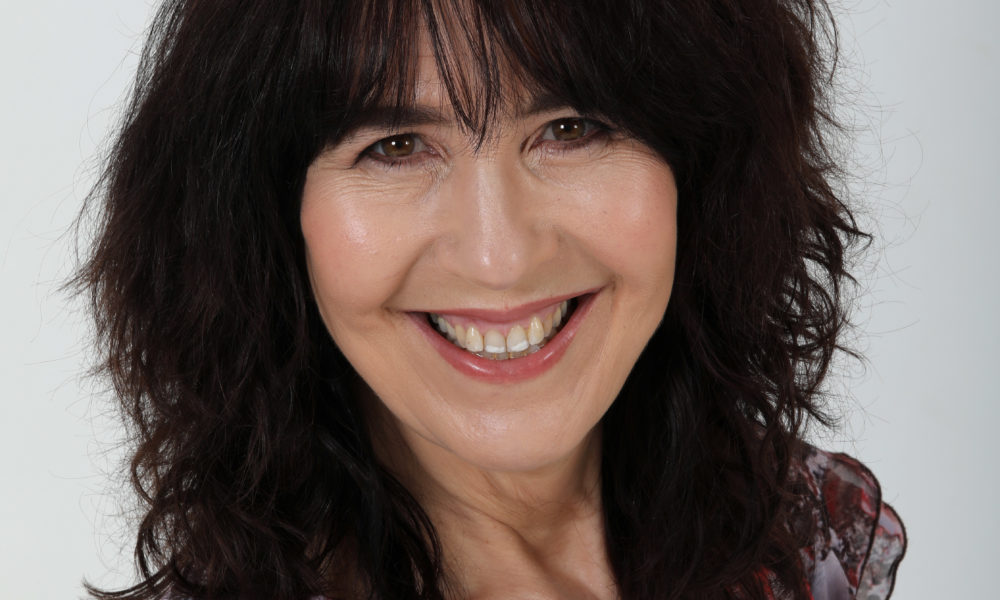The Jewish Report Editorial
Talking about Israel

A colleague pointed out last week that after many successive publications with stories dominated by Israel, we had a recent period in which we didn’t publish anything about it. He wondered if this was a problem.
I took time to think this through – although obviously it wasn’t a problem because we base what we put in the newspaper on the news. And recently, the South African news, which had an impact on our community, was clearly more important than what was going on in Israel.
And then, this week, we have a few key stories about Israel.
I pondered why we have so much Israeli news in the SA Jewish Report, because the publication is focused on the South African Jewish community and not on Israel or Israelis. Also, I understand that some readers believe we have too much news about Israel.
The truth is, and I have made this point before, Israel is an intrinsic part of South African Jewish life, being the Jewish state. And for the most part, what happens there has a direct impact on us, not least of all because of our own government’s bias.
Also, we focus on finding South African angles to stories in Israel, unless they are opinion pieces, which we believe are relevant to us and increase our understanding of what’s happening there.
As Israeli President Isaac Herzog has said on numerous occasions, our opinions on Israel matter because, though we may not live there, Israel is a Jewish state. Also, at the SA Jewish Report, we believe our readers have a right to know what’s happening there, particularly if there’s a South African element involved.
This week, we decided to put a story about Swazi children whose lives were saved by Israeli doctors on our front page because we believe that Israeli doctors saving African children, especially children from a country on our border, is telling and important.
The fact that Israel makes a point of helping people in African countries, be it by saving their lives or helping to ensure that they have drinkable water and agricultural know-how, says so much about the ethos of the Jewish state.
How many other countries in the world do this? I can’t think of one. And none of this is about payment or profit. It’s about tikkun olam, which is directly translated as “to repair the world”, but effectively means helping wherever necessary in places where help is really needed.
Imagine how much Israel could help in South Africa if our government wasn’t so anti-Israel and so determined to paint this Middle Eastern country as a pariah state. For our haters, including members of government, there’s only one side to the picture of Israel and it’s all bad. In terms of the Israeli-Palestinian situation, the Palestinian and Arab world is the hero, and the Israelis are pure evil.
However, the piece on the UN commission (page 4); Dan Diker’s opinion piece (page 8); and the piece on the Palestinian antisemitism webinar (page 9), make it clear that another side is being purposefully ignored.
Interestingly, in Israel, there’s much debate and disagreement, which just proves how democratic it is. And though one group of people will be vehemently opposed to what a minister might do, others will fight to defend him or her. True democracy!
I have to say, I was pleasantly surprised to see President Herzog calling the head of the Palestinian Authority, Mahmoud Abbas, on Tuesday, 27 June, to convey his greetings on Eid al-Adha, the Muslim Feast of Sacrifice.
In their conversation, the Israeli president highlighted the importance of a forceful, persistent war against terror, incitement, and hatred. He emphasised the price and pain that terror inflicts on the country, specifically on families who lose loved ones.
He reiterated the need to thwart terror fiercely, as well as work toward finding a way to live peacefully side by side in the region and the broader Middle East. Herzog went on to denounce the recent assault on innocent Palestinians by Israeli extremists.
I know the idea of Israeli-Palestinian peace is a long way off, but it’s inspiring to know that the president of Israel has his eye on it in the country’s future and that, as much as he hates terrorism and will stop at nothing to deal with it in the harshest terms, he doesn’t accept Israeli extremists harming innocent Palestinians.
So, for all our haters who have nothing good to say about Israel, perhaps it’s time for them to take a leaf out of the Israeli president’s book and rethink their attitude. Perhaps they might see that if he can cross the great divide and speak about peace, they could potentially rethink their condemnation. Perhaps I am too much of an idealist.
Much like in the war in Ukraine, in which South Africa speaks about mediating while taking Russia’s side, our leaders push this to the extreme in the Israeli-Palestinian situation.
I would find it amusing – if it wasn’t so biased – how our leaders talk about getting involved in mediating in the Middle East just after denouncing Israel as a genocidal maniac of a country.
Perhaps it might be wise for our leaders in South Africa to consider the open-mindedness of the Israeli president before their next verbal attack on Israel. Or is that too much to ask?
Shabbat Shalom!
Peta Krost
Editor
